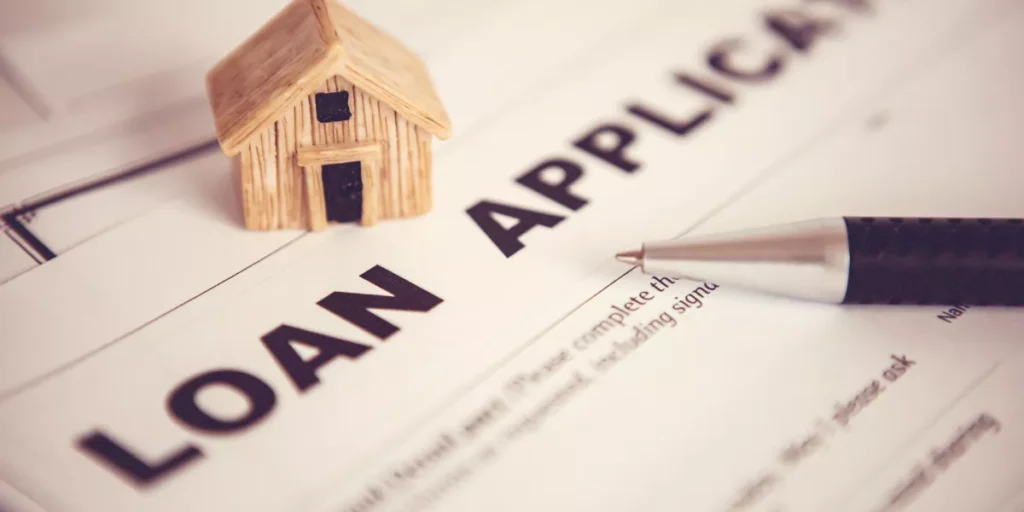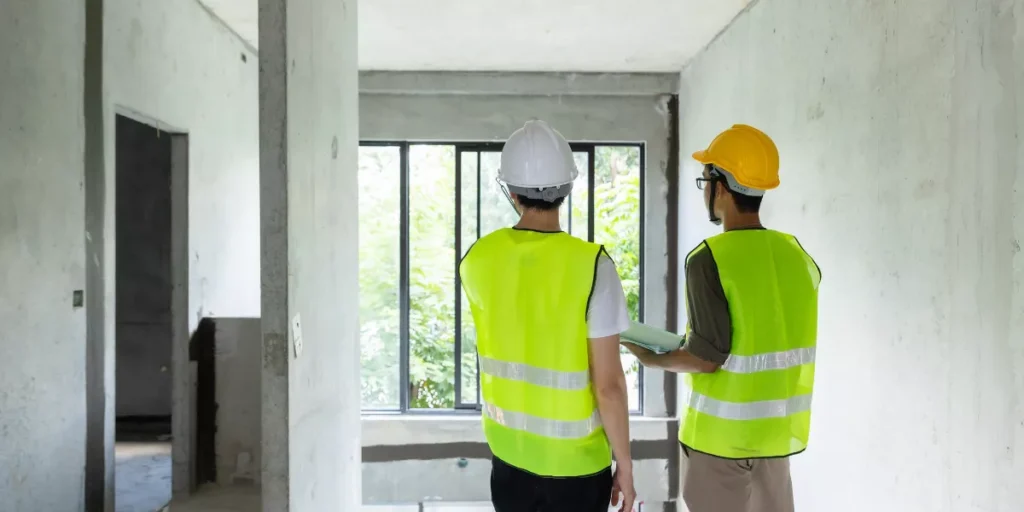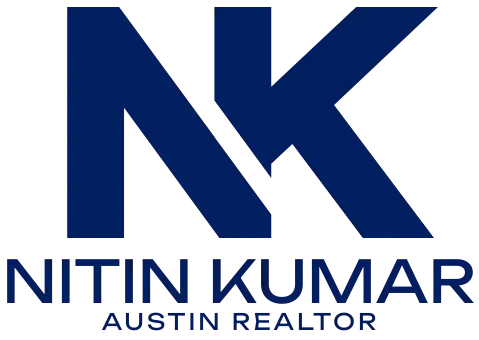Buying a house is an exciting yet stressful journey. One common issue many face is knowing what should you not do before closing on a mortgage for a home. Making the wrong move can delay your mortgage approval or even get it denied.
This article will guide you through common mistakes to avoid, helping ensure a smooth closing process. Keep reading to learn more about what should you not do before closing on a house!
Common Mistakes to Avoid Before Closing on a House
Buying a home is exciting, but you must be careful, especially when getting a mortgage or closing one. Avoid actions that could hurt your chances of closing smoothly.
Opening A New Credit Line

Opening a new line of credit, such as a new credit card or personal loan, before closing on your house can harm your chances. Mortgage lenders see this as risky behavior.
Opening a new credit line can lower your credit scores, prevent you from using your credit effectively and most importantly, delay the mortgage process. On the other hand, good credit scores can increase the chances of getting preapproved loans.
“Applying for new loans or lines of credit during the home-buying process is not advised.” – John Smith, Loan Officer
If you open new accounts, it makes changes to your finances or alter your debt-to-income ratio. This makes banks worry about your financial situation. The final loan application approval could be denied if they spot any red flags like this in your credit report.
Stay away from opening new accounts until after closing to ensure smooth sailing through the mortgage application process as well as the lending steps.
Making Large Purchases
Making big purchases can harm your chance of closing on a house. It increases your debt balances and credit utilization rate. Lenders see this as risky behavior, which can lower your credit score.
Buying expensive items like cars or furniture before closing raises concerns for mortgage underwriters.
Lenders might worry about your ability to afford the home loan with new debts added. They may even decide not to approve your loan due to increased financial risk. It’s best to avoid using credit cards for large expenses until after you close on your house.
This keeps your finances stable and improves chances of getting the home you want.
Changing or Quitting Your Job
Large purchases can harm your mortgage approval. Changing or quitting your job can do even more damage.
Lenders check your income and employment status before closing. They need to confirm that you have a steady paycheck to cover the monthly mortgage payments on time. If you change jobs, this disrupts the income verification process. It makes lenders trust you less, putting your loan at risk.
Likewise, quitting your job without a new one lined up is risky. Loss of income may lead to denial of the loan right before closing day. Avoid big purchases or making any big career moves until after you close on the house.
Ignoring Closing Schedules
Changing or quitting your job can affect your mortgage approval. Lenders want stability, and a job change creates uncertainty.
Ignoring loan closing schedules can complicate the process. Missing deadlines may delay your mortgage closing. Stay on top of important dates, including the closing date, provided by the title company and real estate agent. Keep track of important steps such as signing closing documents and transferring funds to avoid issues with your lender. Missing just one deadline can push back your move-in date.
Ensure prompt communication with all parties involved in homebuying. Stick to the schedule, so there are no surprises for you or your lender at closing time.
Neglecting Current Credit Status
Ignoring closing schedules can be costly. Neglecting your current credit status is even more dangerous. Late payments on your debts before closing day harm your credit scores. Lenders watch for any missed payments or unusual activity in your checking account. Even one late payment may lead to higher mortgage interest rates.
One of main things to avoid doing before closing a mortgage is taking new loans and keep track of all banking transactions to ensure you don’t risk the loan approval process.
Financial Actions to Steer Clear of or Avoid Doing Before Closing on a House
Making Late Payments on Debts
Late payments harm credit scores and financial perception. Pay your debts on time to keep your creditworthiness high. Lenders check your credit reports from agencies like TransUnion before finalizing the mortgage loan. Missing even one payment can raise concerns about your reliability.
Credit bureaus track every late payment, affecting future home financing or refinancing options. A single missed payment may increase interest rates, making it harder to afford monthly mortgage costs or closing costs in the long run. Late payments can derail your path to homeownership and deteriorate the home purchase process.
Applying for New Loans

Applying for new loans can hurt your chances of closing on a house. Lenders check your credit report again before finalizing the mortgage. New loans or credit checks can lower your credit score.
Even taking out a small personal loan can cause problems. It changes your debt-to-income (DTI) ratio. This makes you look riskier to lenders like Fannie Mae or Freddie Mac. Stick to managing existing debts and avoid any new financial commitments, like a new car or new house, until after closing day.
Making Unusually Large Deposits
Large deposits can raise red flags for lenders. They may wonder where the money came from and if it is legal or stable. This can delay the underwriting process and even jeopardize your loan approval.
Some lenders might ask for a paper trail of any large deposits made within 60 days before closing. It’s best to keep your accounts steady and avoid depositing unexplained sums of money during this period. Stick to regular earnings, as these are easier to verify.
Using Down Payment Funds
Making large deposits in your bank account can raise red flags. This could delay the closing process. Next, focus on using down payment funds wisely.
Arrange your down payment funding well in advance. Avoid spending these funds before the closing day. Financial institutions will check that you still have enough money for the down payment.
Using this money early might put your new home at risk. Keep it safe and separate from other expenses until needed to keep the transaction smooth.
Additional Pre-Closing Considerations
Co-signing Loans
Co-signing new loans before closing on a house is risky. This action can change your credit score and debt ratio. Lenders will see you as responsible for the loan, even if it’s not yours.
Banks like Capital One and Bank of America check your credit history carefully. They want to ensure you can pay back the mortgage without any extra debts. So, avoid co-signing loans to keep your financial status stable until after closing.
Exceeding Home Value Offers
Offering more for a home than its appraised value is risky. Lenders limit mortgages based on fair market value. If you bid higher, the lender may not approve your full mortgage amount.This can force you to pay out of pocket.
Higher offers can lead to financial strain if the appraisal comes in lower. Buyers should be cautious of overextending financially beyond the home’s worth. Understand market values before making an offer and avoid unnecessary debt or loans that could impact your credit risk and consumer lending options.
Skipping Home Inspections

Skipping home inspections can be a costly mistake. Home inspections help find hidden problems in a house. Issues like mold, pests, or bad wiring may not be obvious at first glance.
A professional inspector can spot these issues early. Fixing problems later can cost thousands of dollars.
Home insurance companies often require an inspection before offering coverage. Without it, you might face higher premiums or even denial of coverage. Always conduct a final walkthrough of the property before closing.
It ensures that everything is in order and meets your expectations.
Conclusion
Buying a house is exciting but do not make big financial changes before closing. Avoid opening new credit lines or making large purchases. Stay in your job and keep paying bills on time.
Don’t skip the home inspection to save money. Follow these tips to ensure smooth closing and a happy move into your new home. Consider getting in touch with an experienced realtor for proper guidance.
FAQs
1. Why should I avoid opening new credit accounts before closing on a house?
Opening new credit accounts, like credit cards or unsecured loans, can affect your pre-approval status and increase your debt-to-income ratio.
2. Is it advisable to make large purchases before closing on a home mortgage?
No, making large purchases with a debit card or credit card can impact your available funds and alter your financial profile.
3. Should I change jobs right before closing on my house?
Changing jobs can disrupt the verification process of income stability that lenders require for finalizing home mortgages.
4. Can applying for payday loans affect my home buying process?
Yes, applying for payday loans may raise red flags about financial stability and could delay or jeopardize loan approval from mortgage brokers.
5. What are the risks of not reviewing the closing disclosure carefully?
Not reviewing the closing disclosure might lead to unexpected fees or errors in property taxes and homeowner’s insurance calculations at escrow.
6. How does having high student loan debt impact my ability to close on a house?
High student loan debt increases your overall liabilities which may reduce equity and negatively influence interest rates offered by lenders like American Express or Discover.




